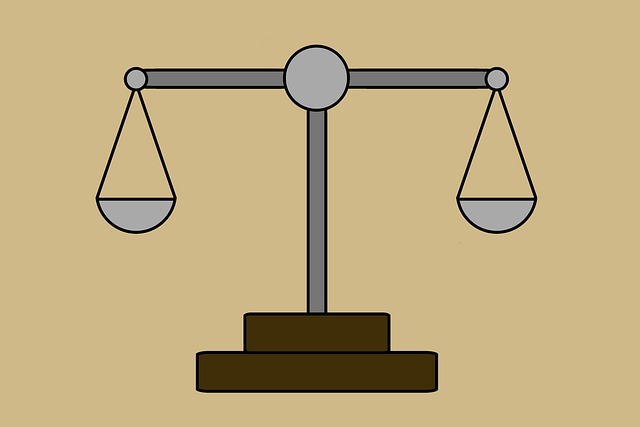A brain injury lawyer plays a vital role in assessing long-term medical impacts, especially for traumatic brain injuries (TBI), by reviewing medical records, conducting expert interviews, and gathering evidence from professionals. They interpret medical data into compelling legal arguments to demonstrate harm caused by negligence, ensuring victims receive just compensation for ongoing struggles and rehabilitation needs. This strategic approach involves enlisting experts in economics and life care planning, leveraging insurance policies, and applying elder law principles to secure fair compensation for extensive medical expenses and lifelong care requirements.
A brain injury, often thought of as a fleeting event, can have devastating, long-lasting effects. When pursuing compensation, a skilled brain injury lawyer must navigate complex legal landscapes and prove these enduring impacts. This article delves into the crucial aspects of long-term medical impact assessment, exploring evidence collection strategies tailored to brain injury cases and innovative legal approaches designed to demonstrate the sustained effects on a client’s life. Understanding these processes is key for both victims and their advocates in securing just outcomes.
- Understanding Long-Term Medical Impact Assessment
- Evidence Collection Strategies for Brain Injury Cases
- Legal Approaches to Demonstrating Sustained Effects
Understanding Long-Term Medical Impact Assessment

Understanding long-term medical impact assessment is paramount when a brain injury lawyer takes on a case. This involves meticulously examining and documenting the continuous effects of traumatic brain injuries (TBI) beyond acute care stages. The process delves into various aspects, including cognitive, emotional, and physical changes that may manifest months or even years after the initial incident. A comprehensive evaluation includes reviewing medical records, conducting expert interviews, and gathering evidence from various professionals to paint a clear picture of the patient’s long-term trajectory.
Brain injury lawyers play a crucial role in navigating this complex landscape, especially when dealing with fiduciary duty breaches related to medical malpractice. They must be adept at interpreting medical data, translating it into compelling arguments that demonstrate how negligence or inadequate care has perpetuated harm. In cases involving car accidents or other traumatic events, these attorneys ensure that victims receive just compensation for their ongoing struggles and rehabilitation needs, holding responsible parties accountable for the full extent of the damage caused.
Evidence Collection Strategies for Brain Injury Cases

When representing clients with brain injuries, a skilled brain injury lawyer employs strategic evidence collection methods to showcase the long-term medical implications. This involves a meticulous process to gather comprehensive records and testimony that highlight the client’s journey and the persistent effects of their traumatic experience. One crucial approach is to obtain detailed medical reports from treating physicians, neurologists, and neuropsychologists, detailing the diagnosis, treatment plans, and ongoing care requirements.
Additionally, a truck accident attorney might involve experts in various fields, such as economic specialists to assess lost wages and future earning potential, and life care planners to project long-term healthcare needs and associated costs. In complex cases involving breach of fiduciary duty or real estate litigation, specialized attorneys can navigate these legal landscapes while ensuring that the client’s medical narrative remains a central focus, ultimately strengthening the case for substantial compensation and justice.
Legal Approaches to Demonstrating Sustained Effects

Brain injury lawyers employ various legal strategies to demonstrate the long-term medical impact of their clients’ injuries, which are often complex and multifaceted. One common approach is to present a comprehensive medical narrative, detailing the client’s initial diagnosis, subsequent treatment, and ongoing care requirements. This may involve expert testimony from neurologists, neuropsychologists, and other specialists who can attest to the sustained nature of the injury’s effects. Medical records, imaging reports, and rehabilitation reports are also crucial pieces of evidence that illustrate the extent and duration of the client’s medical needs.
Another legal tactic is to leverage relevant insurance policies, such as homeowner insurance claims or long-term care insurance, which can cover the extensive medical expenses associated with brain injuries. In cases involving nursing home abuse, elder law principles may come into play, focusing on ensuring that the victim receives proper compensation for their prolonged recovery and any necessary lifelong care. By combining medical expertise, detailed documentation, and a thorough understanding of applicable laws, a brain injury lawyer can effectively prove the long-term impact and secure fair compensation for their clients.
When seeking justice and compensation after a brain injury, engaging a specialized brain injury lawyer is pivotal. They orchestrate comprehensive assessments, gathering compelling evidence through advanced diagnostic tools and medical records. By employing strategic legal approaches, these attorneys demonstrate the long-term medical impact, ensuring victims receive fair reimbursement for ongoing treatments and improved quality of life.






